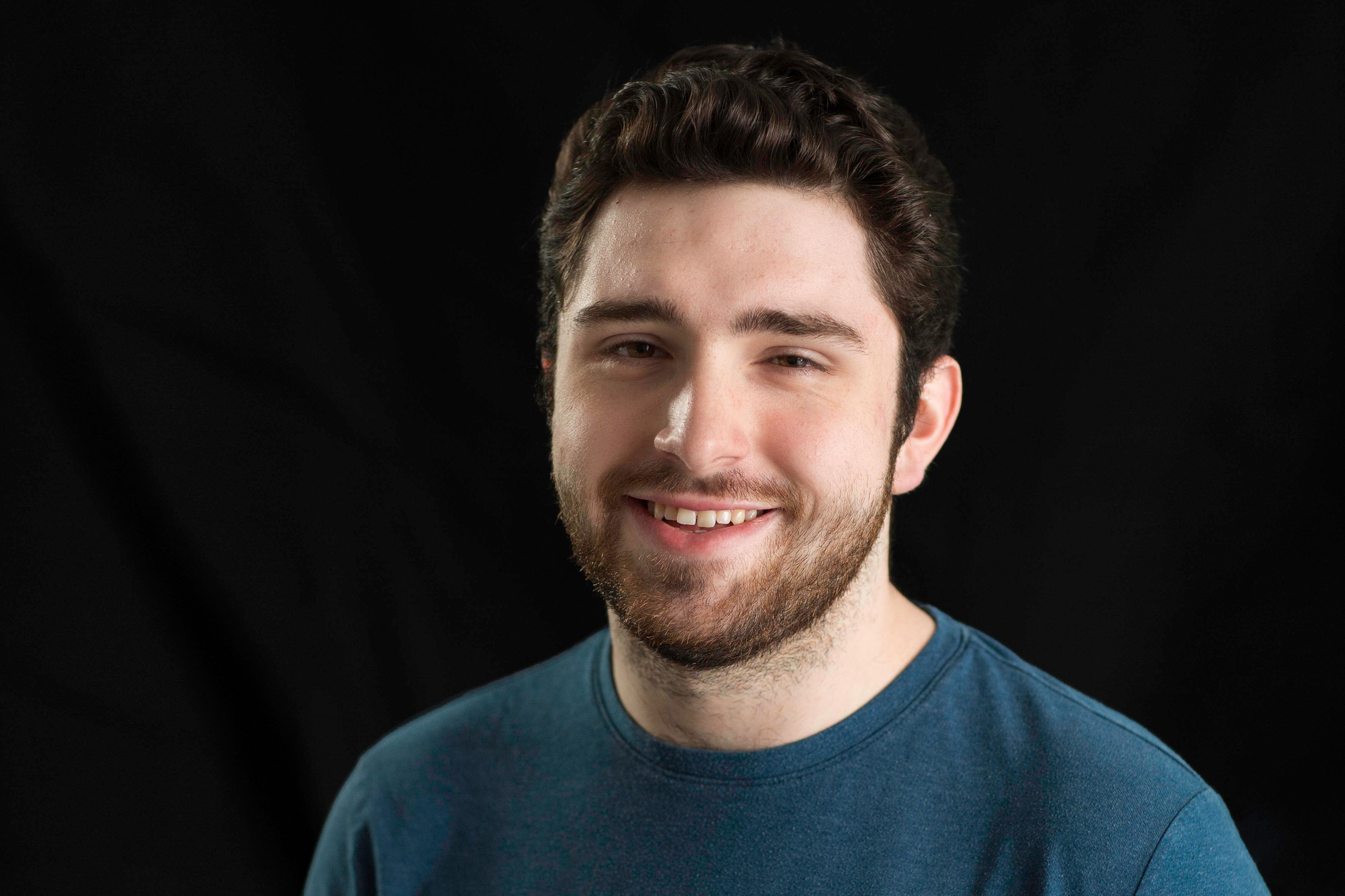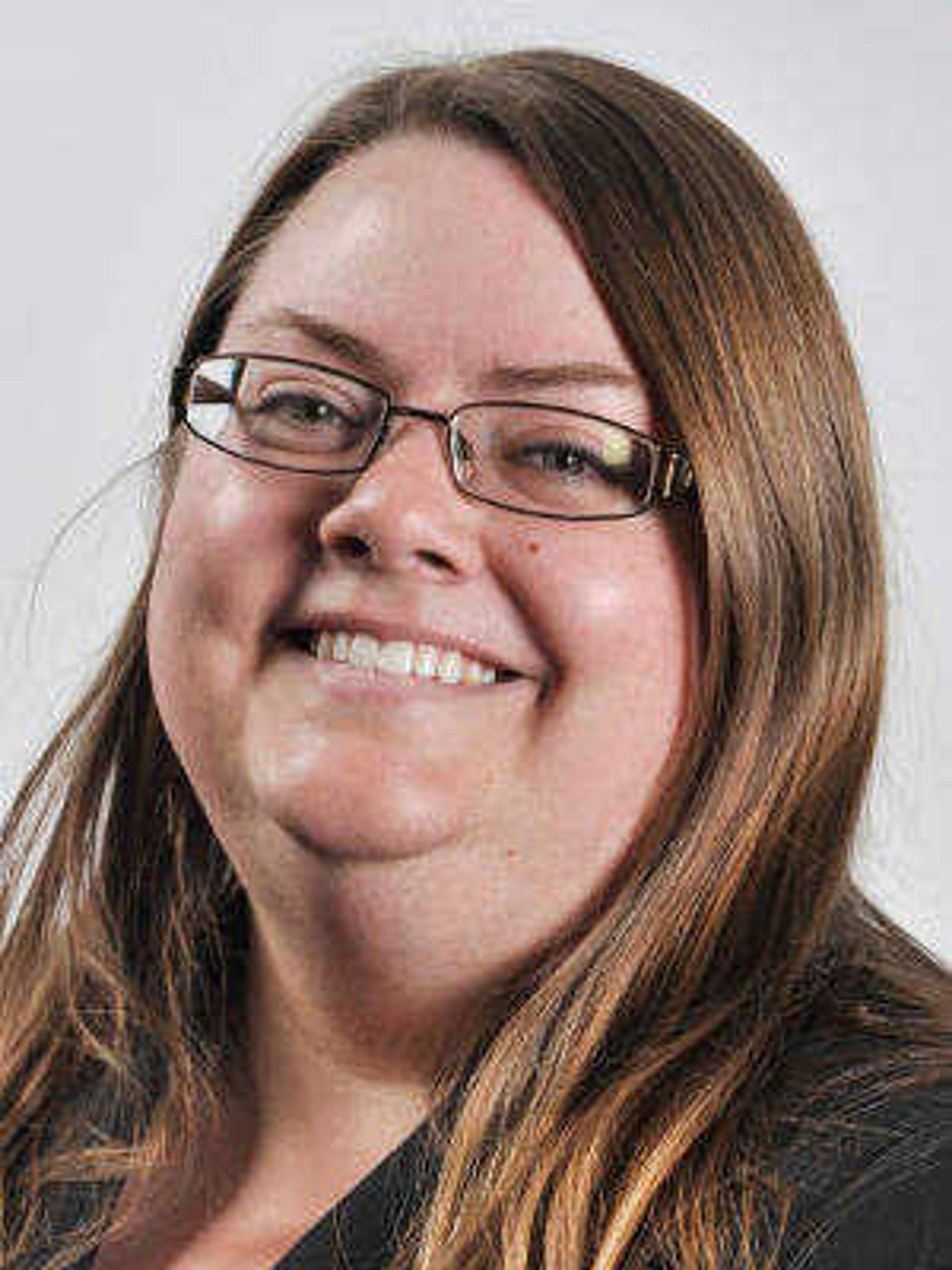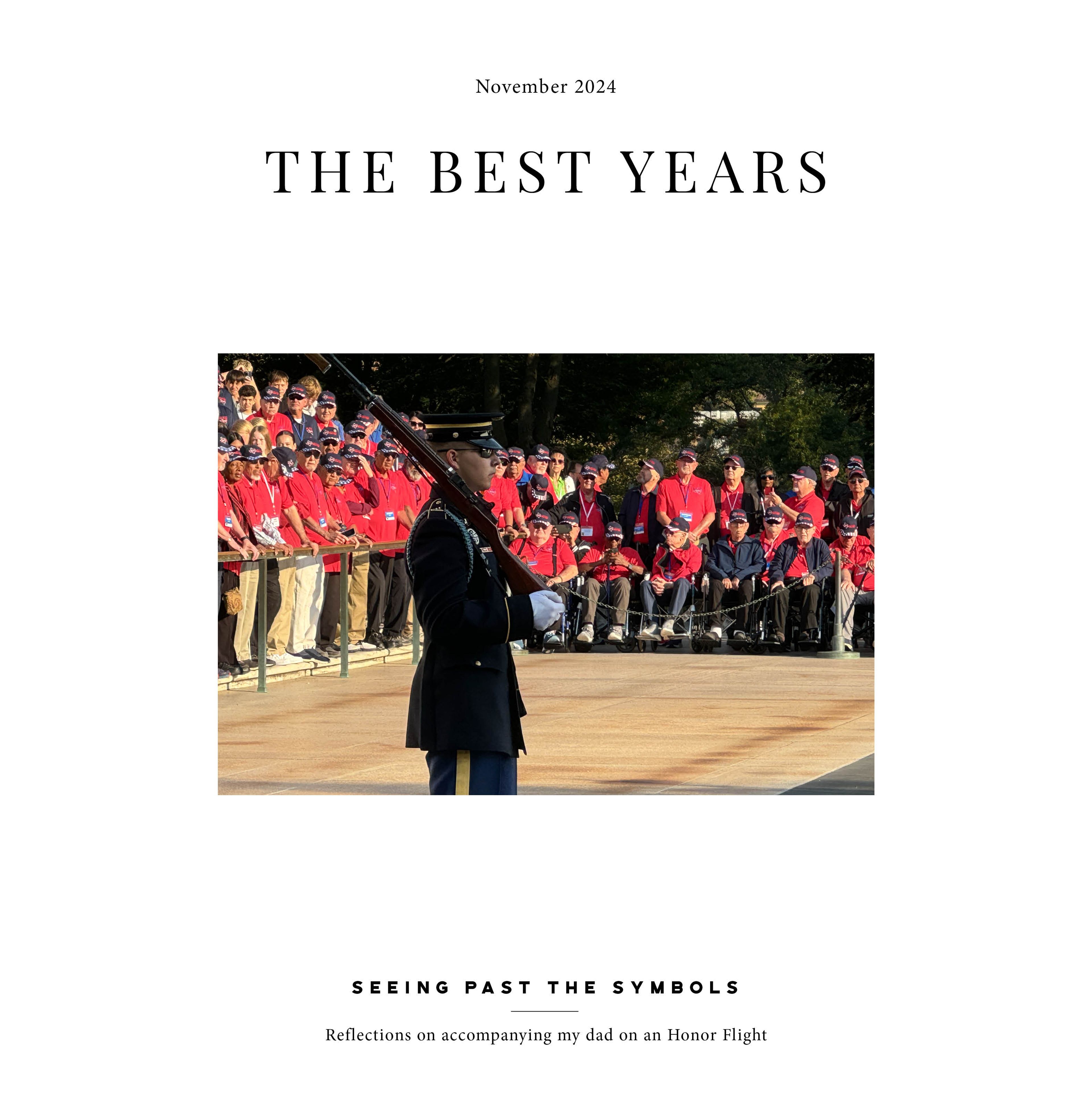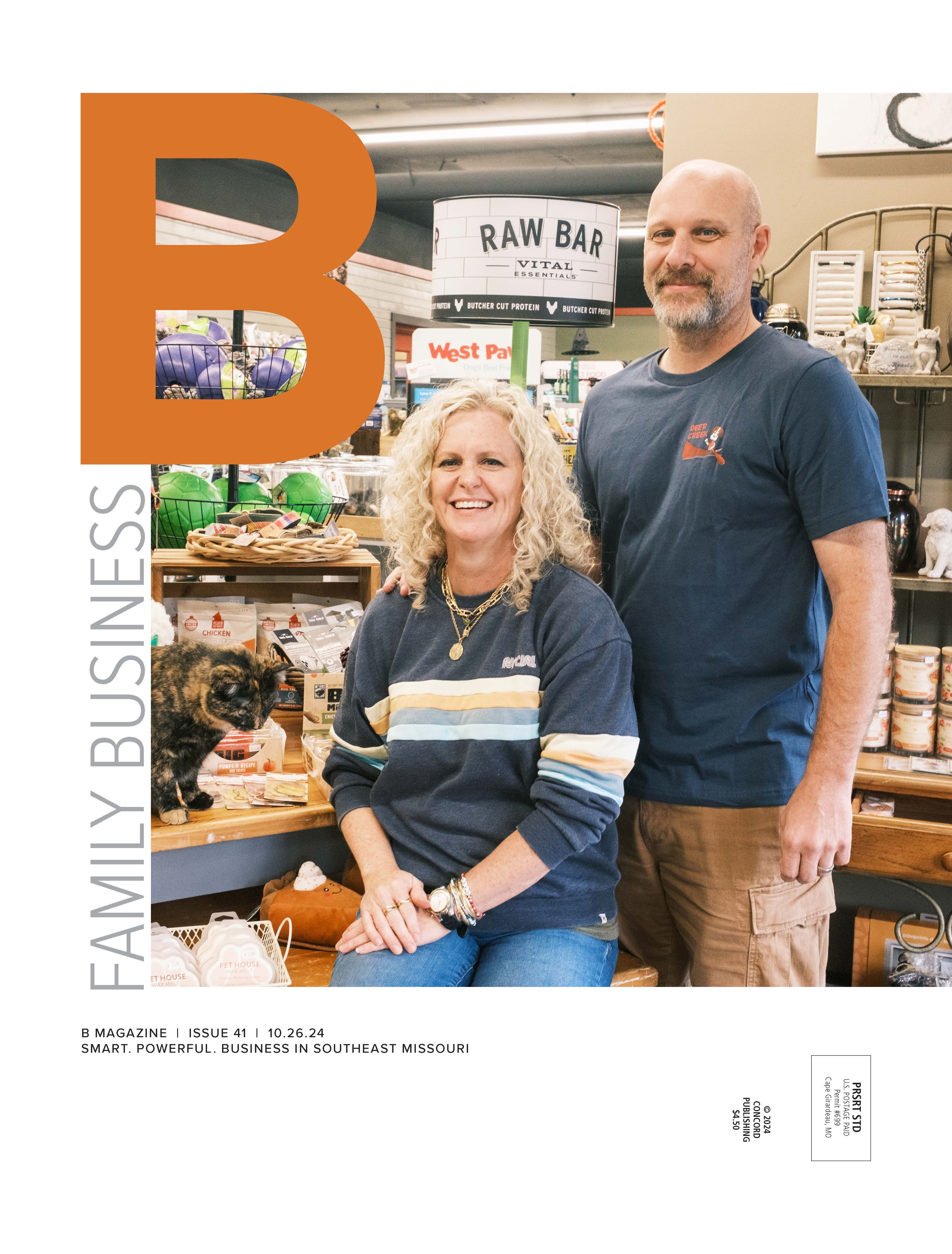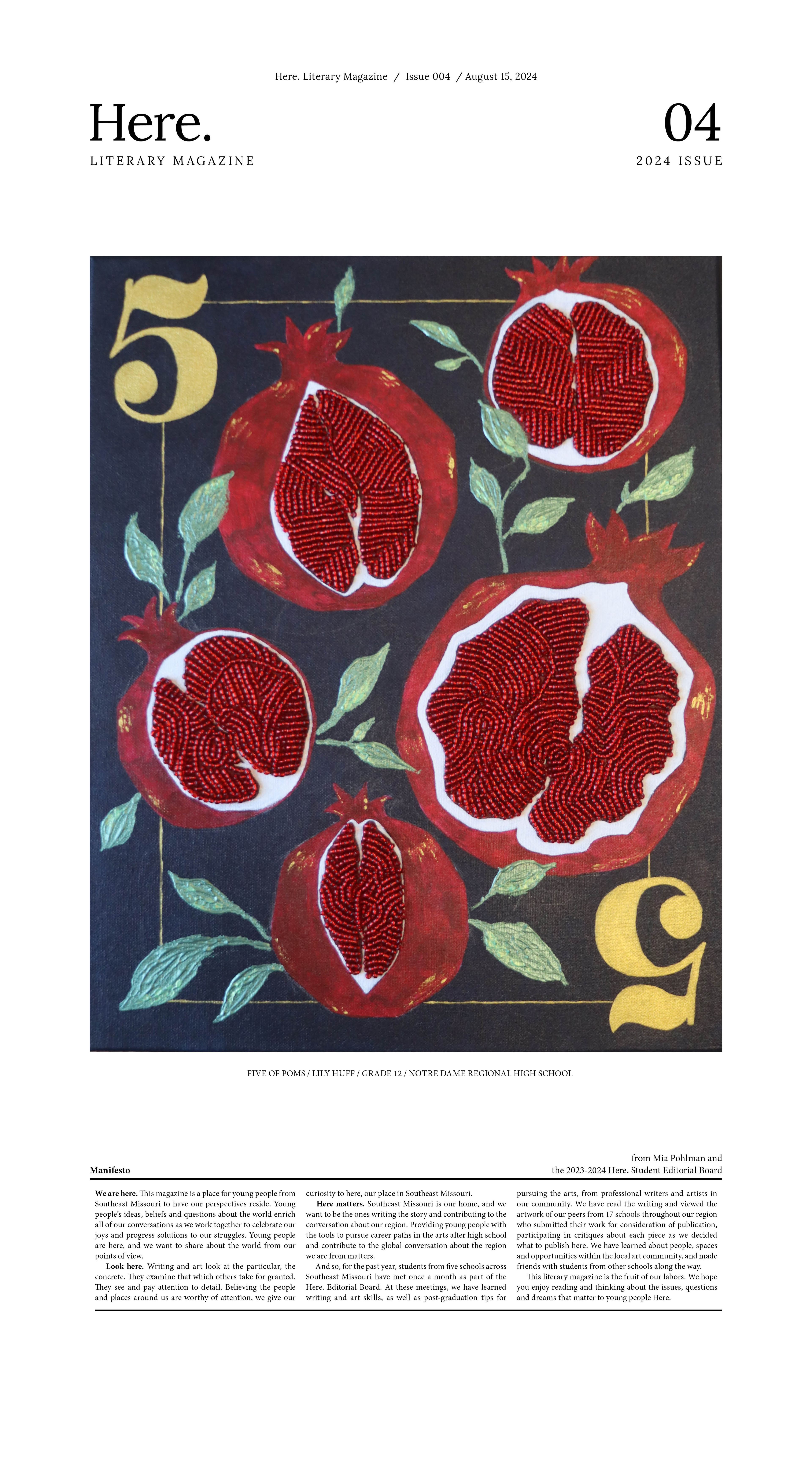SportsJanuary 22
Caravan Cardinals take different paths to big leaguesCaravan Cardinals take different paths to big leaguesThe St. Louis Cardinals' youth movement in 2025 highlights diverse paths to MLB. Prospects such as Thomas Saggese and Kyle Leahy share unique journeys from high school, international and independent l...NewsJan. 23
Boil-water advisory issued for properties near I-55, Kingshighway intersectionA precautionary boil-water advisory is in effect for 44 properties near I-55 and Kingshighway in Cape Girardeau because of a failed booster pump causing low water pressure. Water test results are expected by Jan. 24.Top Stories
NewsJanuary 23
Cape Council adopts Citizen Participation Plan for Community Development Block GrantThe Cape Girardeau City Council approved a Citizen Participation Plan for its Community Development Block Grant, crucial for securing federal funding. The plan ensures transparency and public input in city projects.NewsJanuary 22
Penzel Construction CEO updates aldermen on bridge construction project in JacksonPenzel Construction CEO Phil Penzel updated Jackson aldermen on the U.S. 61 bridge project Tuesday, highlighting soil removal challenges and weather-related delays. The Missouri Department of Transportation offered a temporary solution to expedite completion.EducationJanuary 23
Dean of SEMO's Harrison College of Business and Computing diesAlberto Dávila, dean of Southeast Missouri State University's Harrison College of Business and Computing, has died. Known for his impactful leadership, Dávila significantly boosted graduate employment rates and was a respected figure in economics.Lily Niebrugge ~ Southeast Arrow
FoodJanuary 22
Ask a foodie: If I must be mad, then let it be drowned in teriyakiTeriyaki Madness opens in Cape Girardeau, replacing a nostalgic landmark with its Japanese-inspired flavors. Discover the menu's diverse options, from Chicken Katsu to Steak Teriyaki, and learn from a local foodie's experience.WorldJanuary 23
Winter storm spreads across the Deep South, creating icy danger and snowy funA rare winter storm swept across the Deep South, bringing snow, sleet and freezing rain, breaking records and causing chaos with icy roads and power outages. The storm led to flight cancellations and fatalities, while offering unexpected snowy fun in typically warm...KATE PAYNE and RUSS BYNUM, Associated Press
Advertisement
Trending Stories
ObituariesJan. 17
Advertisement
Media Gallery

WorldJan. 23
Winter storm spreads across the Deep South, creating icy dan...A rare winter storm swept across the Deep South, bringing snow, sleet and freezing rain, breaking records and causing chaos with icy roads and power outages. The storm led to flight cancellations and fatalities, while offering unexpected snowy fun in...
Latest
Receive Daily Headlines FREESign up today!
Sports
Editorial
Advertisement
Business
Health
HealthJan. 17
Food
Advertisement
Receive Daily Headlines FREESign up today!


